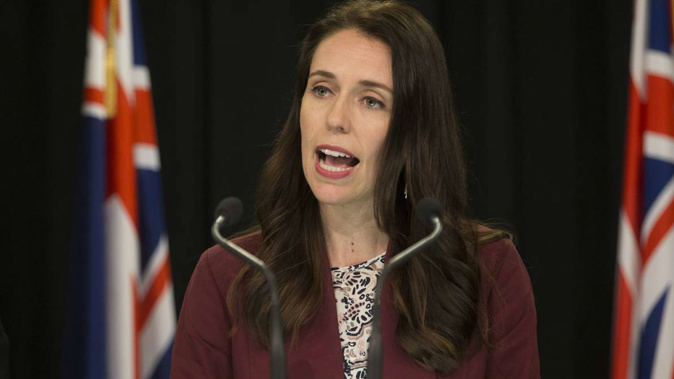
It shouldn't come as any surprise to anyone that Labour's appointment as Government meant the reinstatement of trade union power. - it's payback time, although it shouldn't be because if it was left to the party's powerful union delegates Labour would now be in opposition led by Andrew Little.
It was only because the party's MPs could bypass the wider party and ignore the unions, because it was so close to an election, that allowed them elect a leader of their choice, Jacinda Ardern.
Perhaps it should be a lesson to the unions that the MPs know best when it comes to electing a leader!
So Ardern doesn't really owe the unions anything but Labour does, and in what is now a familiar pattern the pendulum is again swinging back towards the worker under a Labour-led Government.
If you listen to the opponents of what will be more union influence and an unfettered presence on the shop floor, like Bill English, Labour's doffing their caps to the militant lefties who ran riot in the 70s, cutting across what's been an impressively performing labour market. Impressively performing for who?
Surely not for workers who'll have to wait for another three years to get a miserable minimum wage of twenty bucks an hour while the companies they work for enjoy ever-increasing profits, evidenced by the growing corporate tax take in the Government accounts, released yesterday, for the final five months of the National-led Government.
Unions aren't the bogey that many paint them as.
Many of those who criticise them are now in their positions of power because the unions once gave them a leg up through better conditions, including a more civilised workplace, and a better base wage which have all been diminishing over the past decade. They're essentially there to guard against a few rogue employers who're more than happy to exploit their staff.
The much vaunted 90 day probationary period for new employees will be restricted, to apply only to businesses with fewer than 20 workers which make up 97 percent of businesses in this country, employing more than six hundred thousand people, or a third of the workforce. So why subject the minority to what's seen by the unions as a fire-at-will law? Why not remove the probationary period altogether?
Well its retention was at the insistence of New Zealand First for starters, Labour at one time wanted it scrapped altogether, but it makes sense. Bigger companies tend to have a human resource capacity, meaning they make fewer mistakes when it comes to employment. And the rogues are usually associated with smaller enterprises.
Take your Radio, Podcasts and Music with you









